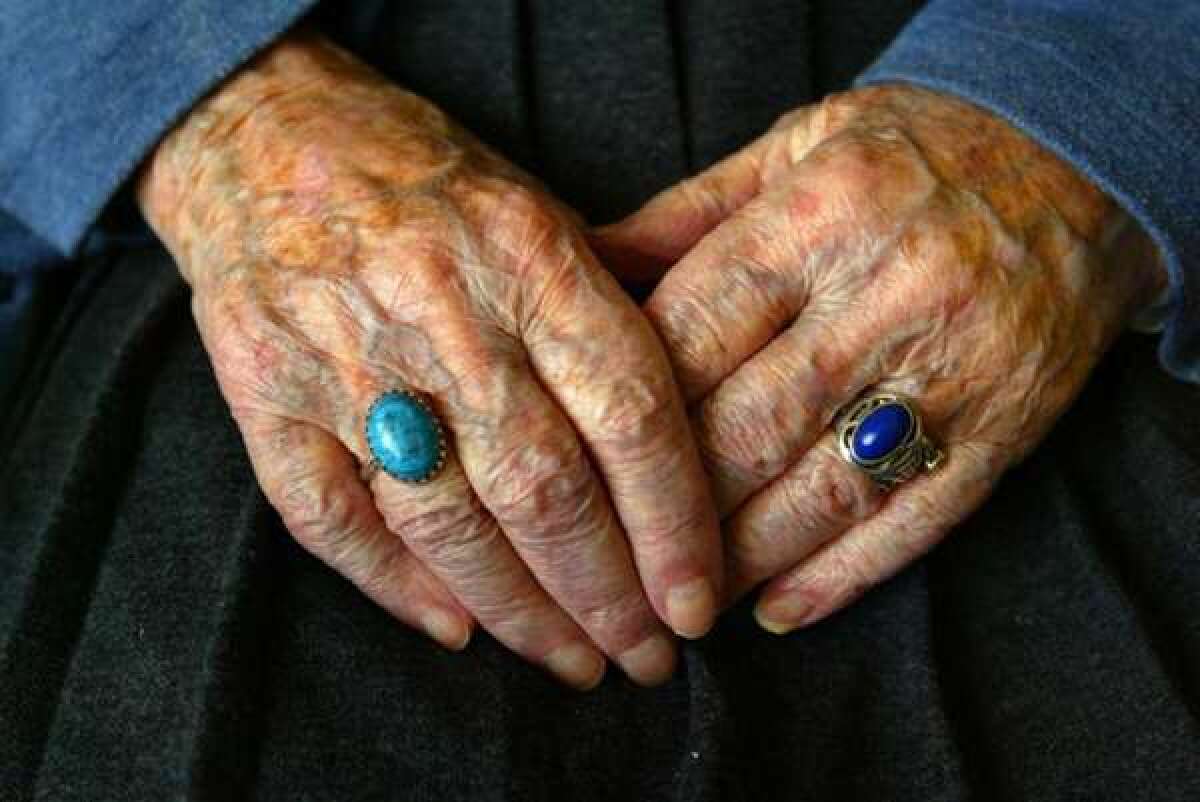Age: it’s not the jeans you wear, but the genes you wear out.

It’s not because you listen to the classic rock station and don’t know what LOL means. It’s that your genome is unstable, your telomeres are shortening, you’re losing your proteostasis, and your epigenetics have been altered.
That’s the basics behind the top signs of aging according to cellular biologists, who set it straight in the journal Cell this week.
Defining what constitutes aging in mammals, and what aspects can be addressed, is not as simple as it may seem. Gray hair and wrinkles may serve as visible markers of age, but they don’t offer any real clue to the biological process that makes age unkind, nor do they lead to way to making it less unkind, the authors note.
One thing that won’t work, the authors declare: antioxidants. The Spanish team debunks the theory that consuming more antioxidants can combat free radicals, which can be dangerous but also can help trigger the body’s beneficial immune responses.
So, here’s the laundry list of the microscopic ravages of time.
First, we accumulate a lot of genetic damage over time, from external causes and internal ones. We don’t just lose our keys; we lose a good portion of the caps at the end of our chromosomes. While we’re losing our balance, we’re also losing proteostasis, the process of eliminating defective proteins.
The body reacts to these triggers in ways that exacerbate problems -- no longer signaling cells to divide, for instance. We also run out of tissue stem cells. Communication among cells becomes riddled with errors, a factor associated with cancer.
Rounding out the list are deregulated nutrient sensing, mitochondrial dysfunction and cellular senescence.
Lest you despair too much, the authors offer some hope in promising research aimed at tinkering with metabolism and finding ways to arrest genomic damage.
“We don’t aspire to immortality, just to the possibility of making life a little better for us all,” said coauthor Carlos López-Otín of the University of Oviedo.







